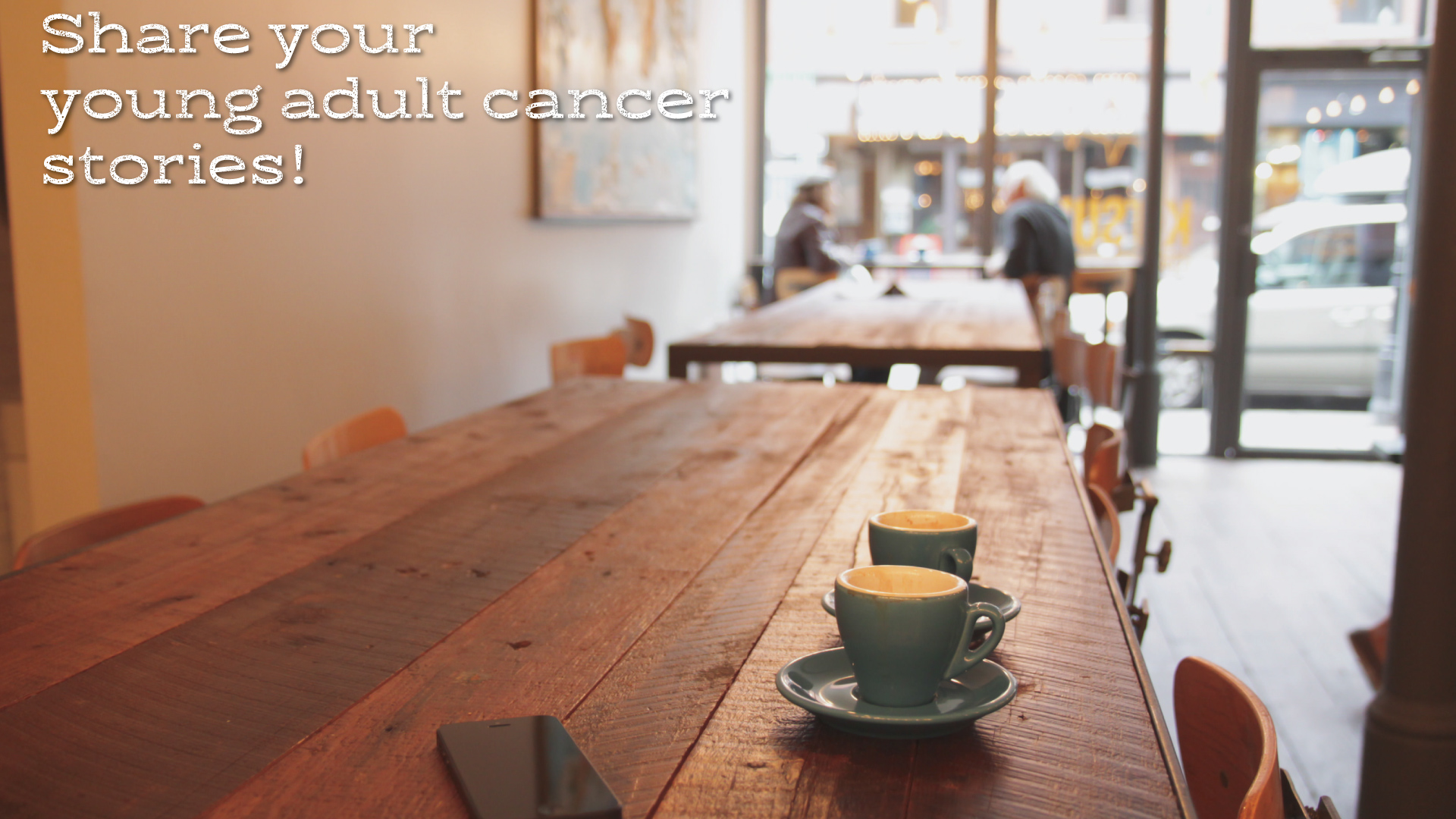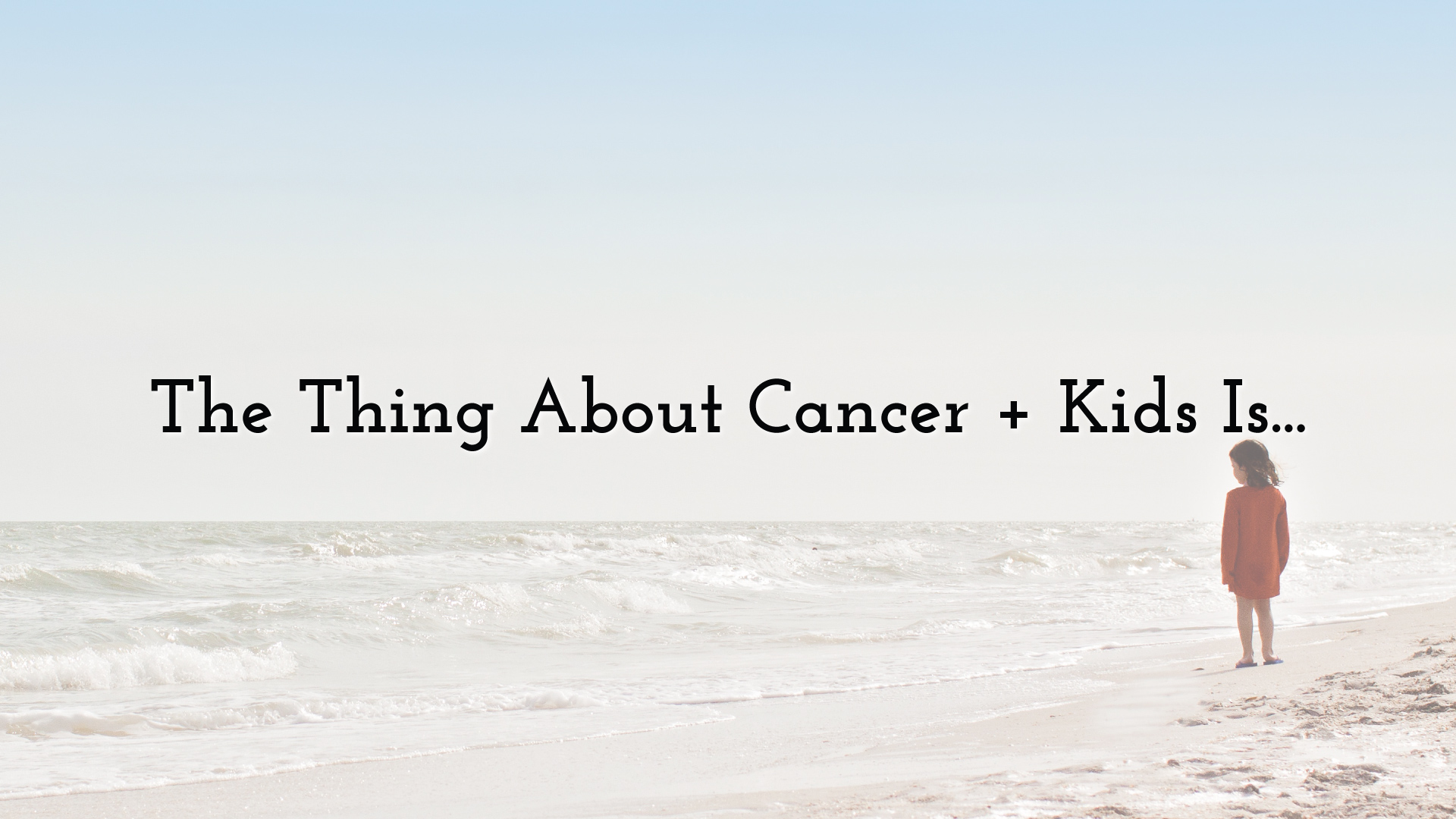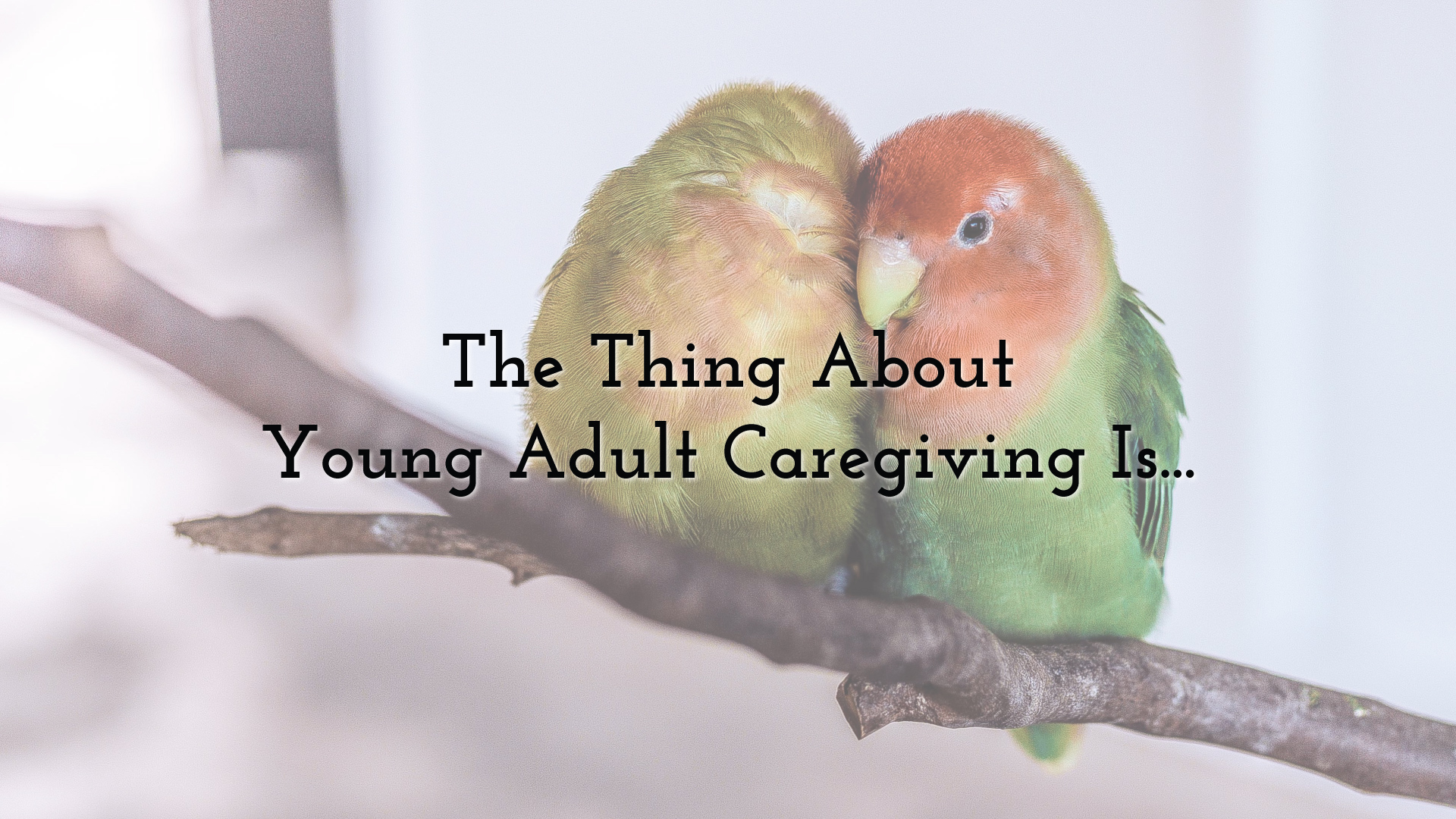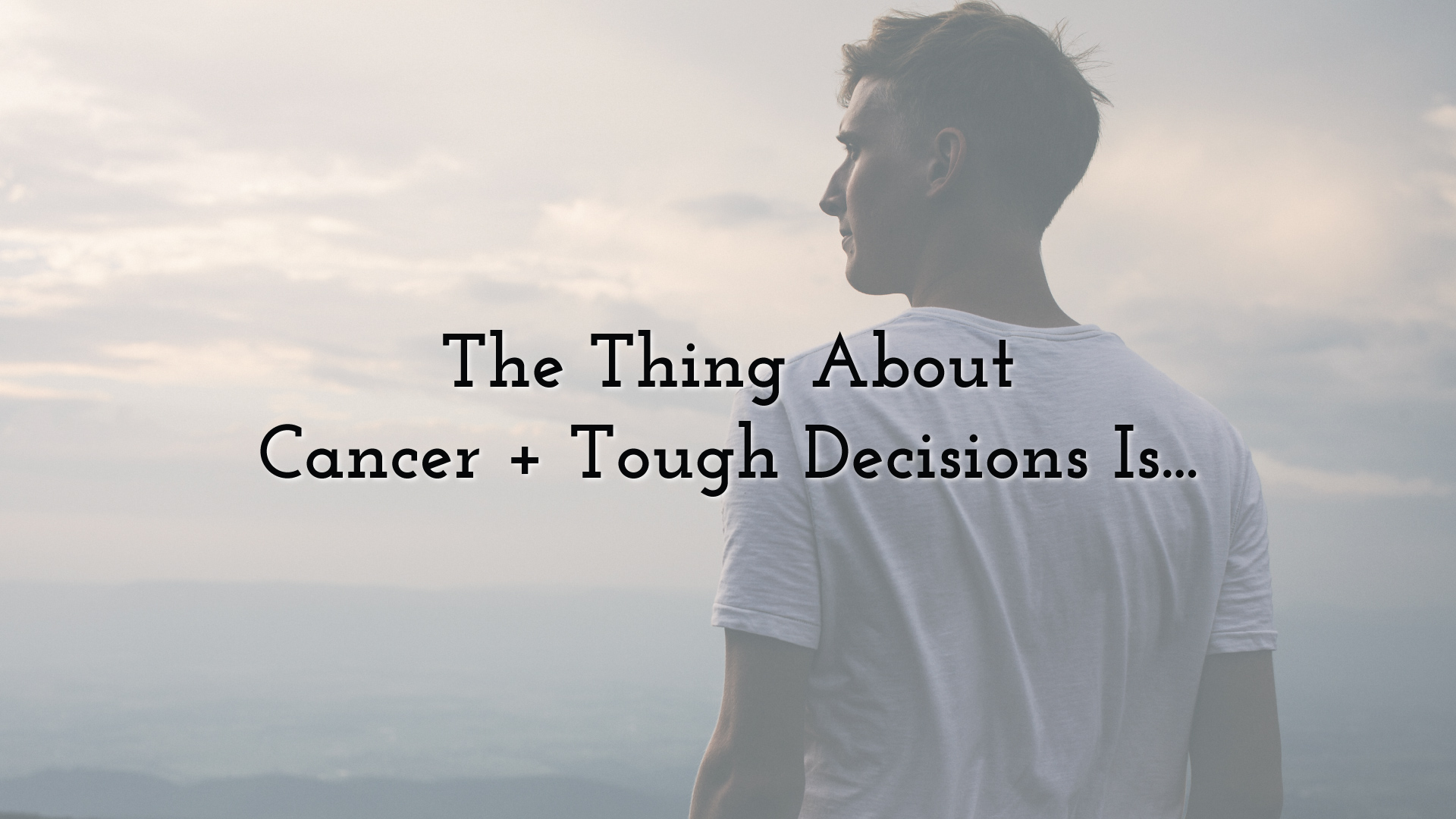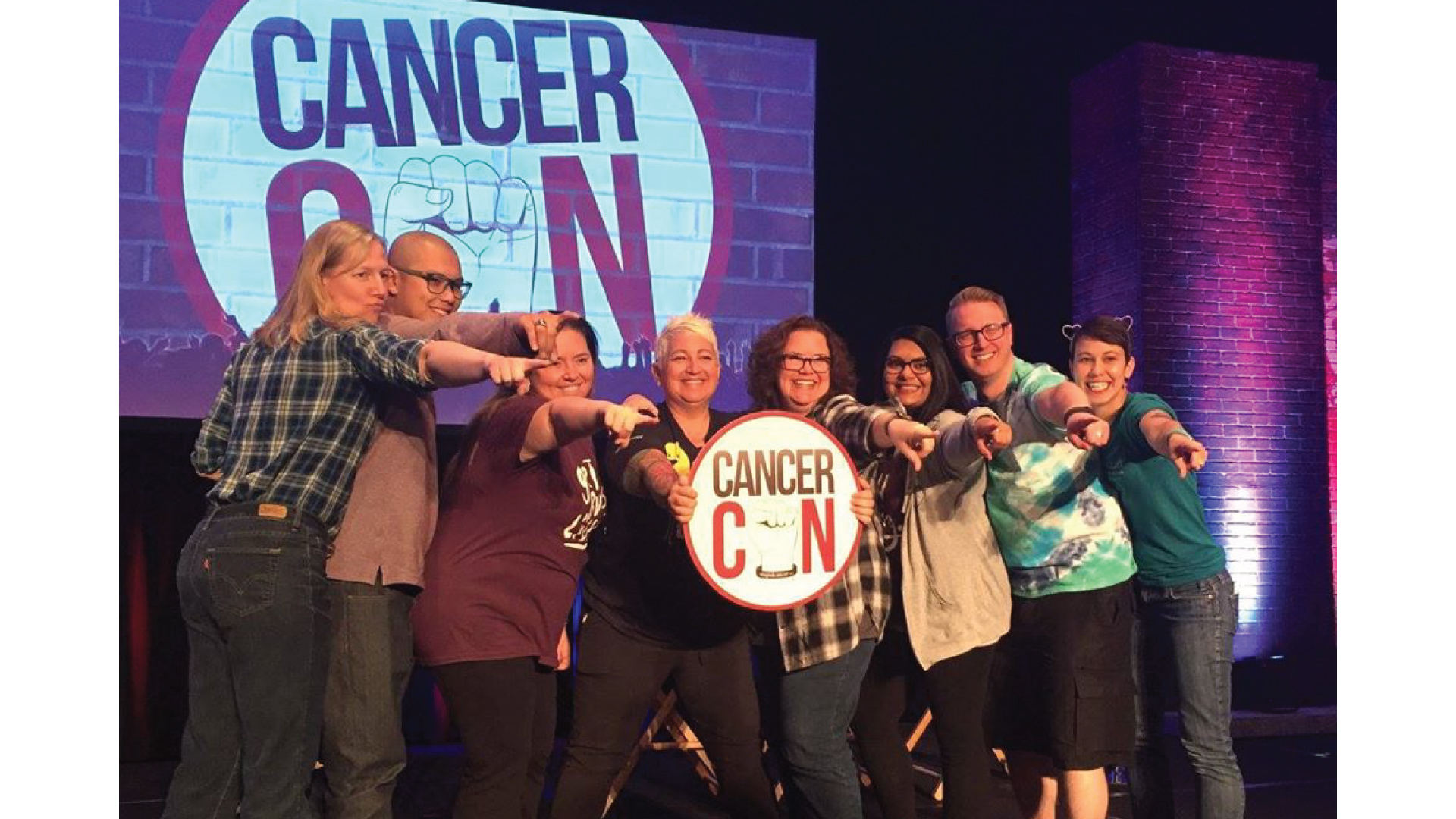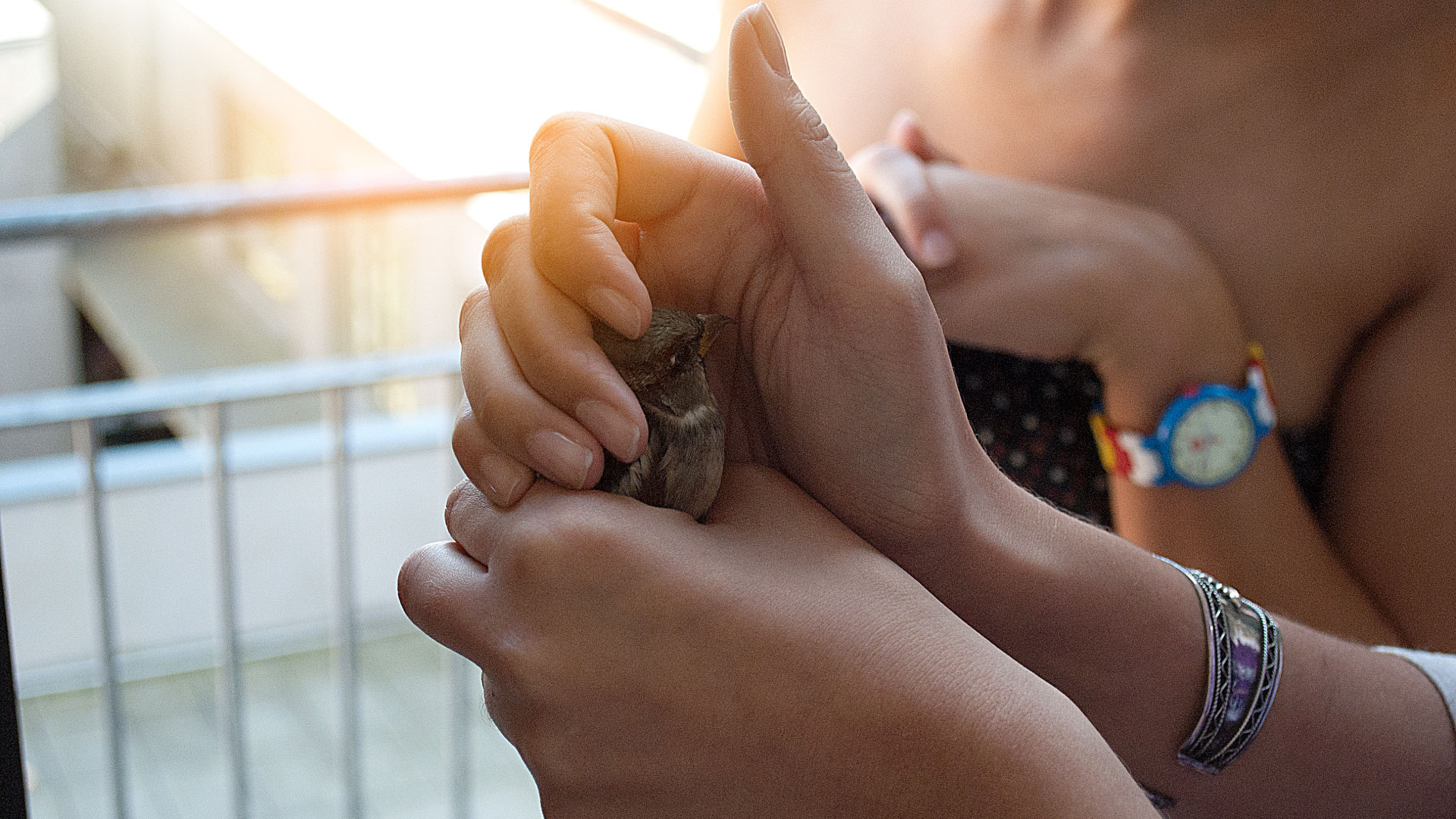This post is brought to us by Feylyn!
As the United Kingdom celebrated its Young Carer Awareness Day on January 28, 2016, I celebrated in solidarity with much excitement. The UK has an estimated 700,000 children (“young carers”) and 300,000 young adults who provide care for their family members with disabilities or health conditions. These young people‒some as young as three years old‒ are responsible for daily living activities for their family members in need, such as administering medicines, cooking, cleaning, and personal care, e.g., bathing and dressing. On Young Carer Awareness Day, I was ecstatic that the young carers in the UK received a national day reserved to spread awareness about their lives. My excitement waned to disappointment when I discovered that American news outlets were silent about the 1.4 million child caregivers and 5.5 million young adult caregivers in the United States. I knew we didn’t have a Young Caregiver Awareness Day on the calendar. I knew that most Americans hadn’t even heard of the terms “young caregiver” or “young adult caregiver”. I knew most could not identify a young adult caregiver if asked. I have been told that young adults are too selfish to be caregivers; accordingly, our advocacy work should be focused on Baby Boomers who were caregiving for their elderly parents.
I spent the majority of my childhood watching my older brother care for me and our mother who has a physical disability. All of his young adulthood years were spent helping our mother walk, working to pay our household bills, and driving me back and forth to school. When people repeatedly told me that young adult caregivers couldn’t possibly exist, I felt like our story was overlooked. I felt like my brother and I were invisible. Knowing that there are millions of other young adults who provide care without support and recognition, I decided that I wanted to do my part to increase awareness about our hidden lives as caregivers—I decided to speak up.
If you are a young adult caregiver, I encourage you to speak out whenever and wherever you can. You deserve recognition for the vital role you play in your family. I often felt that my friends wouldn’t understand my life or the things going on with my family. I know first-hand the difficulty of sharing the uncomfortable and painful moments that occur when you provide care for someone you love. I was emotionally overwhelmed, fearful about my mother’s health, our finances, and the guilt I felt about my brother’s many sacrifices. I didn’t expect my friends, as well intentioned and kind-hearted as they all were, to handle the problems in my life or be able to relate.
Many of the young adult caregivers I’ve interviewed in the UK and US report feeling the same way: the fear of how they may be perceived by their peers held them back from telling others about their caregiving role. Others told me that they were afraid of burdening their friends and extended family members with the ugly side of caregiving. The daily act of looking after someone with a physical disability, mental illness, or drug addiction isn’t pretty. It is emotionally draining, frustrating, and awkward. You feel tired. You feel angry. It can be hard to navigate the complexity of feeling resentment and love towards your family simultaneously. Those caring for family members with substance abuse issues or a mental illness or HIV-AIDS diagnosis are particularly vulnerable to experiencing associative stigma and may not want to reveal whom they care for out of fear of exposing the cared-for individual. Internalized stigma, embarrassment, and shame can serve as a barrier to speaking out and perpetuate social isolation. Because of these realities, young adult caregivers may understandably stay quiet about their role as caregiver or chose to share with only very close friends.
If you’re a young adult caregiver, I implore you to share your story. Make yourself known. This may mean opening up to a friend, forming an online peer support group, or meeting with your state representative. Whatever you do, however seemingly big or small, is incredibly important in ensuring that the world knows that you serve an invaluable role as a young adult caregiver. Your acts of sacrifice are courageous and inspiring, particularly in a society that increasingly argues that today’s millennials are selfish and narcissistic. You are irreplaceable. You matter.
For those who don’t call themselves “caregivers”, I also present a challenge. Listen and fight. Listen to our stories, our voices, and our feelings. Practice empathy when we choose to share and respect our space when we choose to stay silent. You must also take up the fight. Partner with us in advocating our right to remain employed and take time off as needed while caregiving. Create work and school environments that communicate understanding and demonstrate flexibility. Tell our stories on Capitol Hill when we’re too exhausted or busy with our caregiving responsibilities to share our stories ourselves. Advocate with us and for us because you know that we are utterly irreplaceable. Show us that you believe young adult caregivers matter.
We can’t afford to be silent any longer.
Feylyn is a PhD student in Social Work at the Institute of Applied Social Studies at the University of Birmingham in England. A native of Hendersonville, Tennessee and graduate of Vanderbilt University, she is a nationally certified mental health counselor. Her doctoral research focuses on the identity development of young adult caregivers living in the United Kingdom and United States. During Feylyn’s childhood, her older brother was a caregiver for her and their mother who has a physical disability. This experience motivated Feylyn to pursue research and advocacy work for young adult caregivers; thus, she came to England from the United States in 2013 to further study under the expertise of Professor Saul Becker, world-renowned researcher on young people with caring responsibilities. Feylyn’s research with young adult caregivers in the United States is currently ongoing, and she invites 18-25 year old caregivers to contact her if they are interested in participating in her research study. You may learn more about her research by watching her video.

Contact Feylyn:
Email: FML402@bham.ac.uk
Twitter: @FeylynLewis



